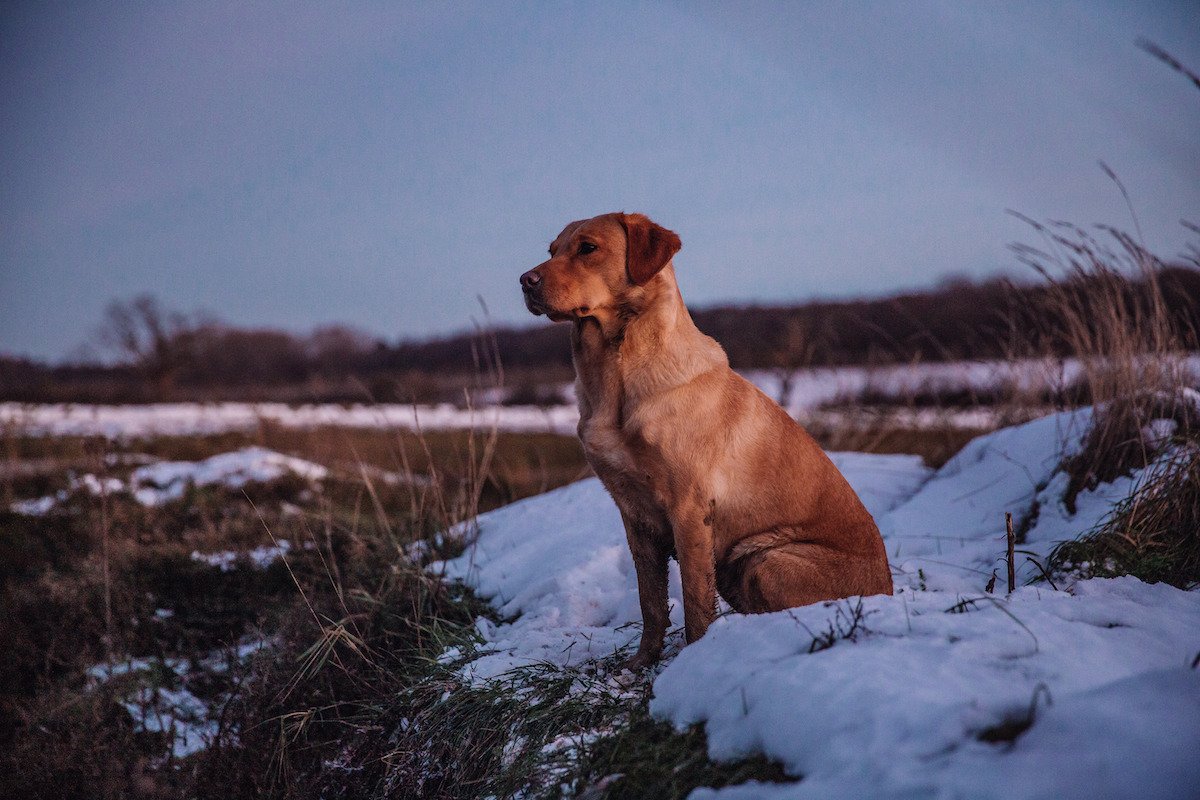Why we shouldn’t complain about the weather
We Brits are renowned for talking about the weather because we have so much of it, but we do escape the wilder extremes of some countries

A bad worker blames his tools. A bad fisher or shooter blames the weather. It is said that the British speak about the weather so often because we have so much of it. Our weather is famously variable compared with the more stable conditions experienced by continental countries. Yet, when you look at the climate records, it is also less extreme.
Wildfowlers and duck shooters — yes, there is a distinction — relish really wild, windy conditions. This is partly because the birds fly lower and therefore are more likely to be within range. But there is also an aesthetic quality; wildfowling in a gale seems appropriate somehow. Pheasant shooting, on the other hand, seems better suited to calm, frosty conditions, or even snow. It is astonishing to think that the pheasant season opens in a little over two months — though, of course, most driven shoots don’t really get going until later, when the leaves are off the trees.
You only have to consider hunting in North America to see how our climate lets us off lightly by comparison. In northern Canada, floatplanes can only start landing in late June, when enough ice has gone from the lakes. In the prime moose-hunting areas of the Yukon territory, it often starts to snow again in mid-September, with the lakes icing up a few weeks later.
In coastal Alaska, the autumn temperatures may hover just above freezing, but bear hunters often have to spend day after day huddled in a tent, being blasted by torrential rain, sleet and gales.
Yes, we can face rough weather in the Highlands when hind stalking, but a key distinction is that we invariably retreat to warm and dry lodgings each night. Let’s face it, anybody can put up with being wet and cold for a day, as long as they know they will be warm and dry at the end, with the prospect of good food and a hot bath. But imagine, by contrast, if you had to sleep in a tent for 10 days, with no option but to put your wet clothes back on each morning.
In Africa, heat and sun are serious perils. Hunters experience these to a degree that exceeds anything we see in the UK. Yet parts of Africa can also get a lot colder than you might think. Even in the subtropical Limpopo Valley in July, which is their winter, you can see your breath at dawn when you get up to go hunting. By midday, however, you may be thirsty and flagging under the merciless sun. The diurnal temperature range is huge.
Bizarre
In other notable hunting regions, such as the Eastern Cape, frost is common in winter, with snow falling on the higher hills. Seeing giraffes and elephants in a snowy landscape is bizarre, but it does happen.
Scandinavia and continental Europe have winters that are much colder than ours. Hunting in Poland or the Baltic states frequently takes place in conditions that would be declared a national emergency in the UK. Further south, in Hungary, I once went boar shooting in February. It was -14°C with 2ft of snow lying.
Frankly, when it comes to our weather, we really shouldn’t complain.








